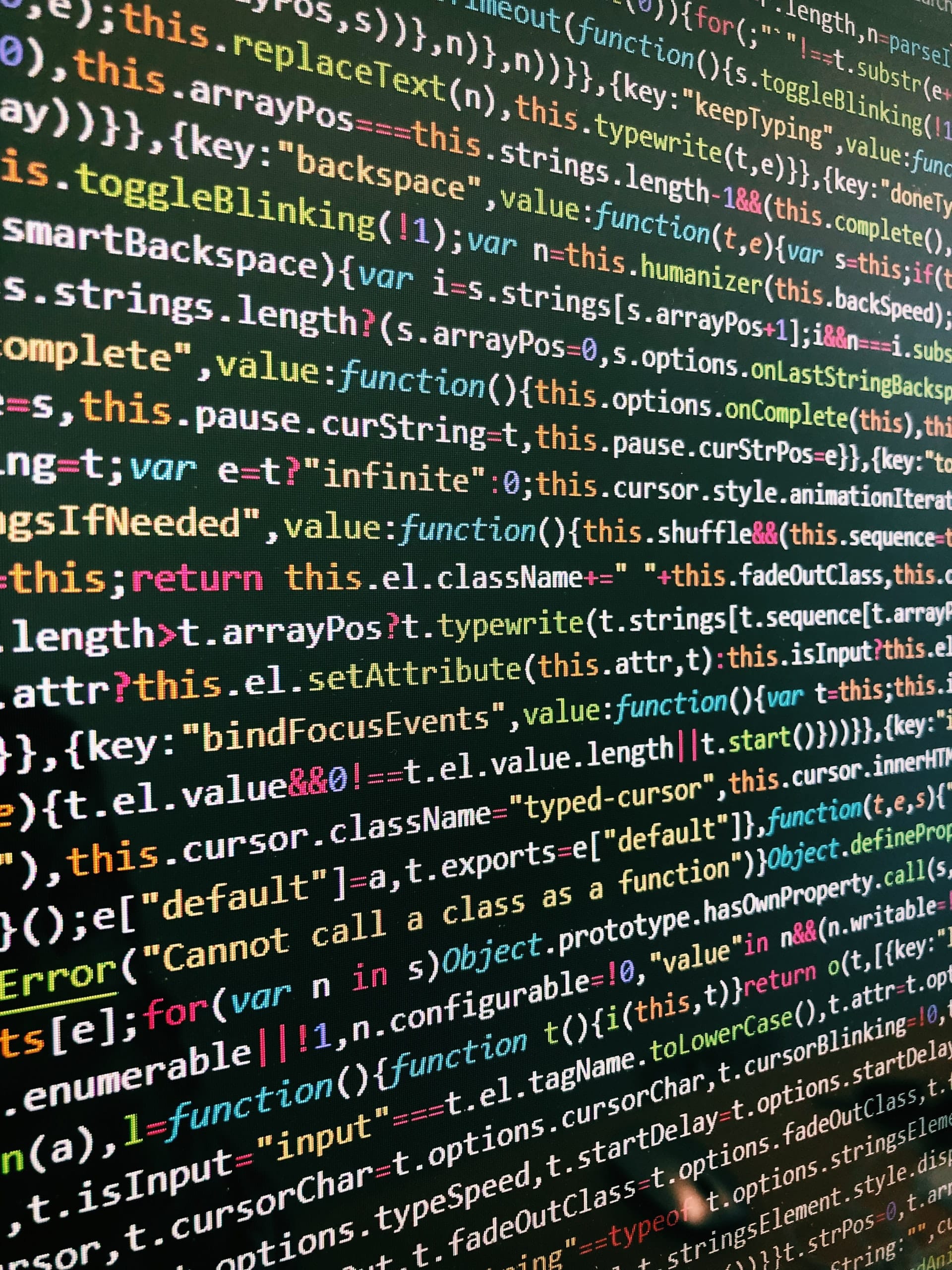Bestselling author Peter Diamandis is the world’s top technology speaker. – The technological industry has always moved at a breakneck rate. According to McKinsey & Company, as much as ten years’ worth of e-commerce development might have been compressed into just three months in late 2019.
The firm forecasts that we’ll see more technological advancement in the next decade than we did in the previous 100 years combined. Also, the famous Peter Diamandis speaker, top-notch technology speaker, world-renowned entrepreneur, and philanthropist had a talk about these topics.
IMAGE: UNSPLASH
Any change may be frightening, but keeping up with advances can be especially so. Part of the problem is determining which improvements are the most significant and which are less likely to yield fruit.
These are the top ten innovations drawing the interest and funding of investors and technologists for the next 10 years. They are also the ones who will be most visible in the shifting face of the modern workplace. Understanding the impact of these technological developments on businesses and the individuals whose employment will be affected might be critical to averting the worst consequences of the disruption that may ensue.
Top 10 Technology Trends For The Next 10 Years
1. Automation And Virtualization Of Processes
As next-level process automation and virtualization grow increasingly ubiquitous in the coming decades, over half of all present job tasks might be automated.
According to McKinsey, “by 2025, more than 50 billion devices will be connected to the Industrial Internet of Things (IIoT).” Robots, automation, 3D printing, and other technologies will create around 79.4 zettabytes of data every year.
2. The Future Of Internet Connectivity
Faster digital connections, enabled by 5G and the Internet of Things, have the potential to stimulate economic activity. So much so that quicker connections in “transport, healthcare, manufacturing, and retail” may boost global GDP by $1.2 trillion to $2 trillion by 2030. 5G and IoT will be two of the most closely observed technological breakthroughs in the coming decade.
3. Infrastructure That Is Distributed
By 2022, 70% of businesses will be utilizing hybrid-cloud or multi-cloud platforms as part of their dispersed IT infrastructure. It means that data and processing may be managed in the cloud yet made more accessible to devices.
“This technological trend will assist firms in increasing their speed and agility, reducing complexity, saving money, and strengthening their cybersecurity defences,” McKinsey adds.
4. Computers Of The Future
It encompasses a slew of far-reaching innovations, ranging from quantum AI to completely driverless cars, and as such will not be a pressing problem for all businesses. “Preparing for next-generation computing necessitates determining whether you’re in a first-wave industry (such as finance, travel, logistics, global energy and materials, and advanced industries),” McKinsey says, or “whether your business relies on trade secrets and other data that must be safeguarded during the transition from current to quantum cryptography.”
If you want to know more about quantum AI, it’s best to find a resource for beginners to learn quantum computing online.
5. Use Of Artificial Intelligence (AI)
AI is one of the most significant technological trends. We are still in the early stages of AI development. As technology advances, it will be used to further build tech-based tools, such as teaching robots to recognize patterns and then act on what it has discovered.
By 2024, AI-generated speech will account for more than half of all human-computer interactions. According to the firm, companies are still looking for methods to apply AI successfully: “While every organization may derive good value from AI if it’s deployed correctly and in a repeatable fashion, less than one-quarter of respondents indicate substantial bottom-line impact.”
6. Programming’s Future
Prepare for Software 2.0, in which neural networks and machine learning will write code and develop new software.
In part, it may result in the development of software programs that are considerably more powerful and competent than anything now accessible. However, it will also allow existing software and coding processes to be standardized and automated.
7. Architecture Of Trust
More than 8.5 billion data records were hacked in 2019. Despite breakthroughs in cybersecurity, thieves are redoubling their efforts. Trust structures will aid in the battle against cybercrime as a developing tech trend in 2021.
The usage of distributed ledgers, such as blockchain, is one technique to developing a trust architecture. “In addition to minimizing the risk of breaches, trust architectures cut the cost of complying with security requirements, lower the operating and capital expenditures connected with cybersecurity, and enable more cost-efficient transactions, such as between buyers and sellers,” McKinsey says.
8. Bio Revolution
There is a “convergence of biological scientific advancements” that “promises a huge influence on economies and human lives, affecting industries ranging from health and agriculture to consumer products, energy, and materials.”
The bio revolution, propelled by AI, automation, and DNA sequencing, promises the creation of gene treatments, hyper-personalized pharmaceuticals, and genetics-based food and exercise recommendations. These technological advances will generate new markets, but they will also pose some serious ethical concerns. “Organizations must evaluate their biological quotient, which measures how well they grasp biological research and its ramifications.”
9. Materials Of The Future
Materials science advancements have the potential to alter a wide range of industry sectors, including pharmaceuticals, energy, transportation, health, semiconductors, and manufacturing. Graphene, for example, is a single sheet of carbon atoms organized in a honeycomb lattice shape that, despite its extraordinary thinness, is roughly 200 times stronger than steel.
It’s also a tremendously efficient conductor that has the potential to change semiconductor performance. Another is molybdenum disulfide, whose nanoparticles are already employed in flexible electronics.
10. Future Developments In Clean Technology
Cleantech trends are centered on renewable energy, cleaner/greener transportation, energy-efficient structures, and sustainable water usage. As the costs of clean-tech decrease, their use grows more prevalent, and their impact is felt across an increasing variety of industries.
McKinsey argues that “companies must keep pace with developing business-building possibilities by implementing operational improvement programs linked to technology development, procurement, manufacturing, and cost reduction.” “Advancing clean technologies also offer a plentiful source of green energy to maintain exponential technological expansion, such as in high-power computers.”
IMAGE: UNSPLASH
If you are interested in even more technology-related articles and information from us here at Bit Rebels, then we have a lot to choose from.


COMMENTS